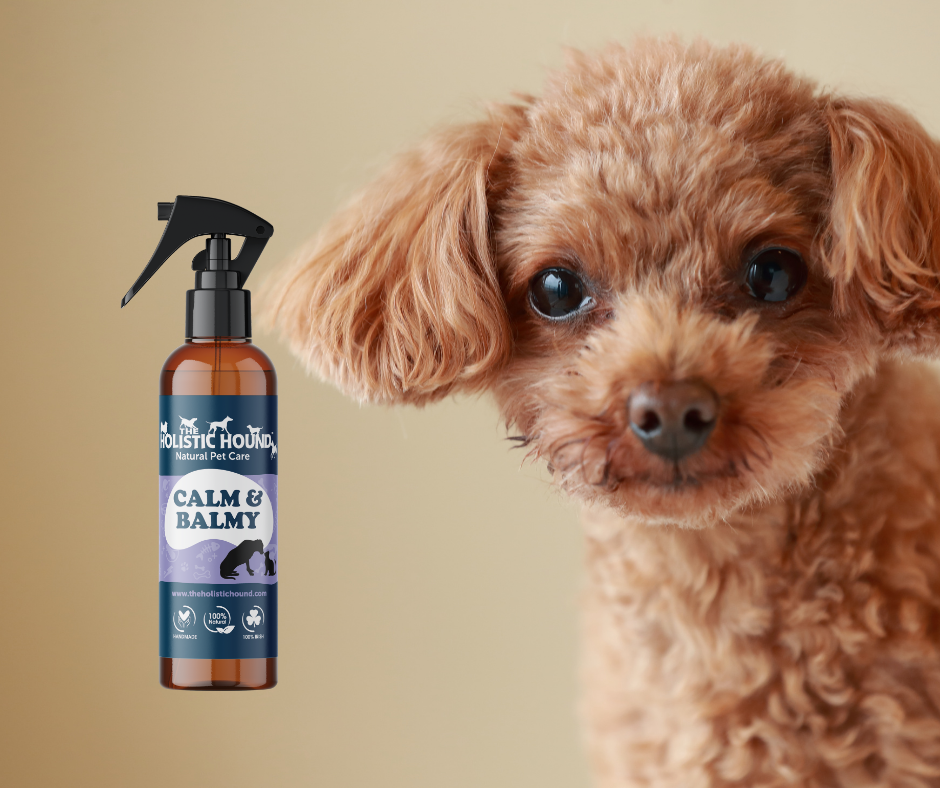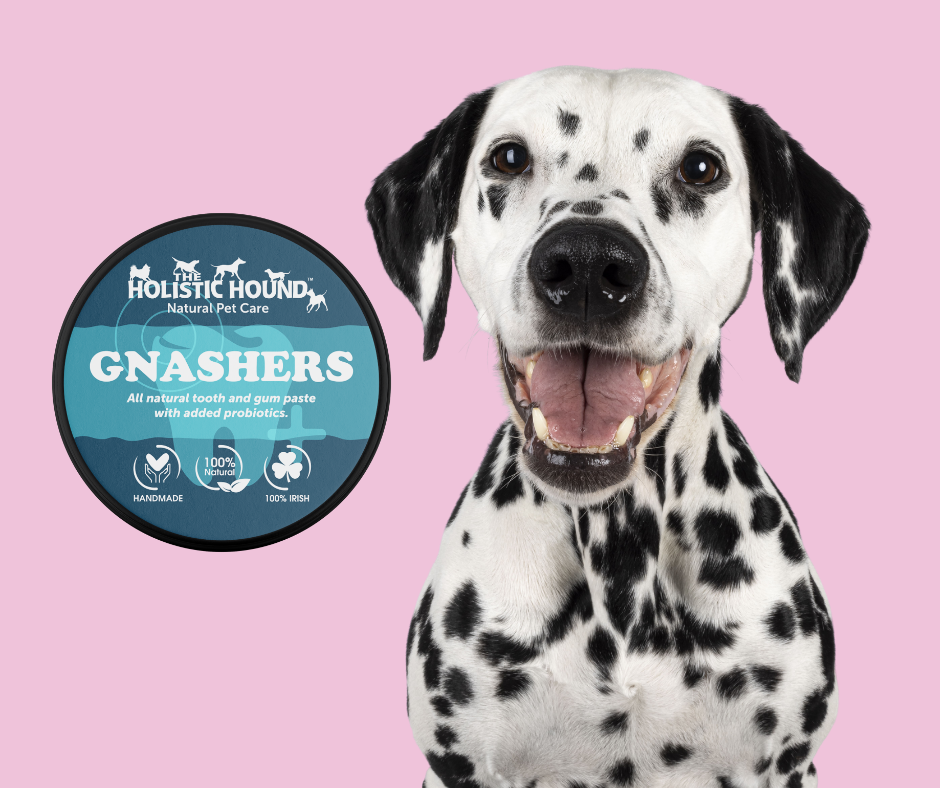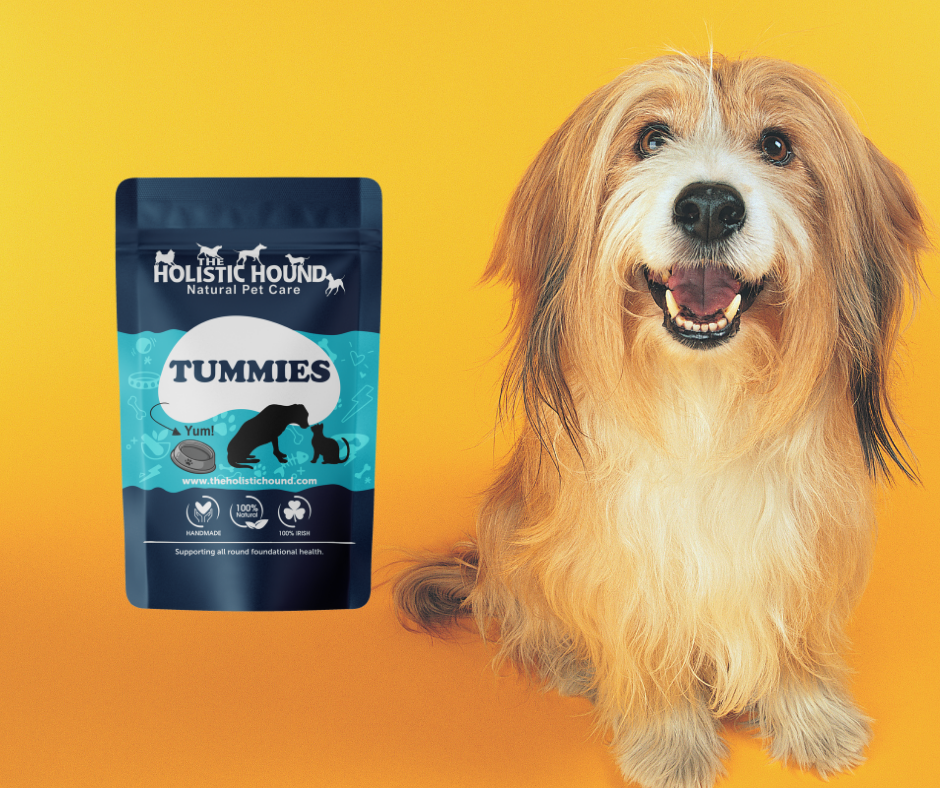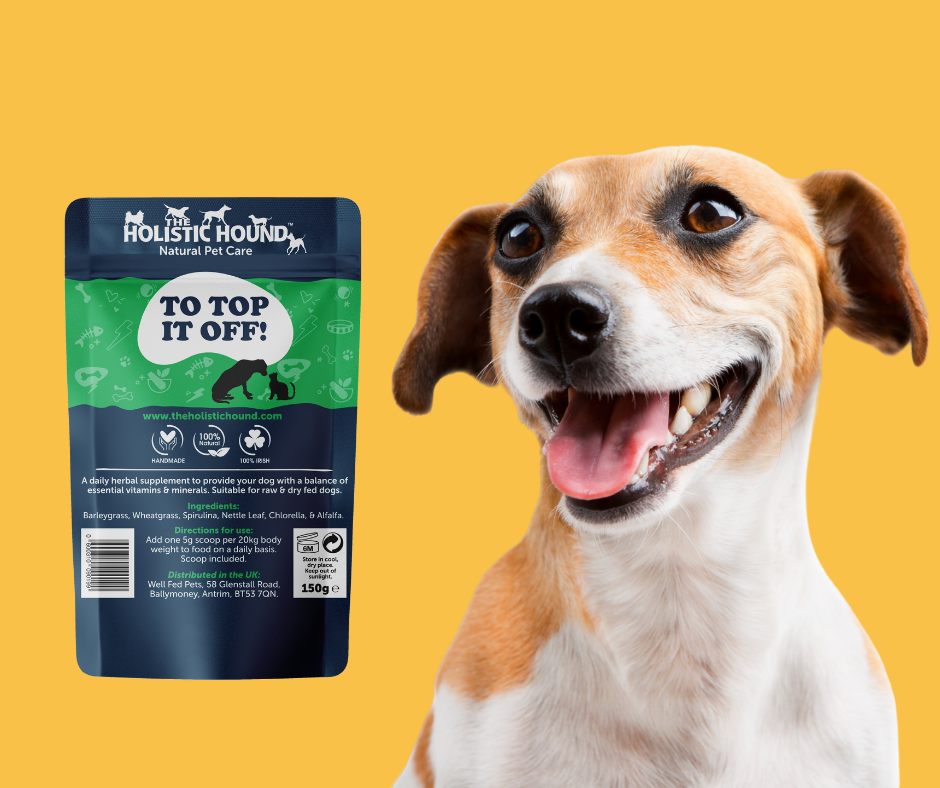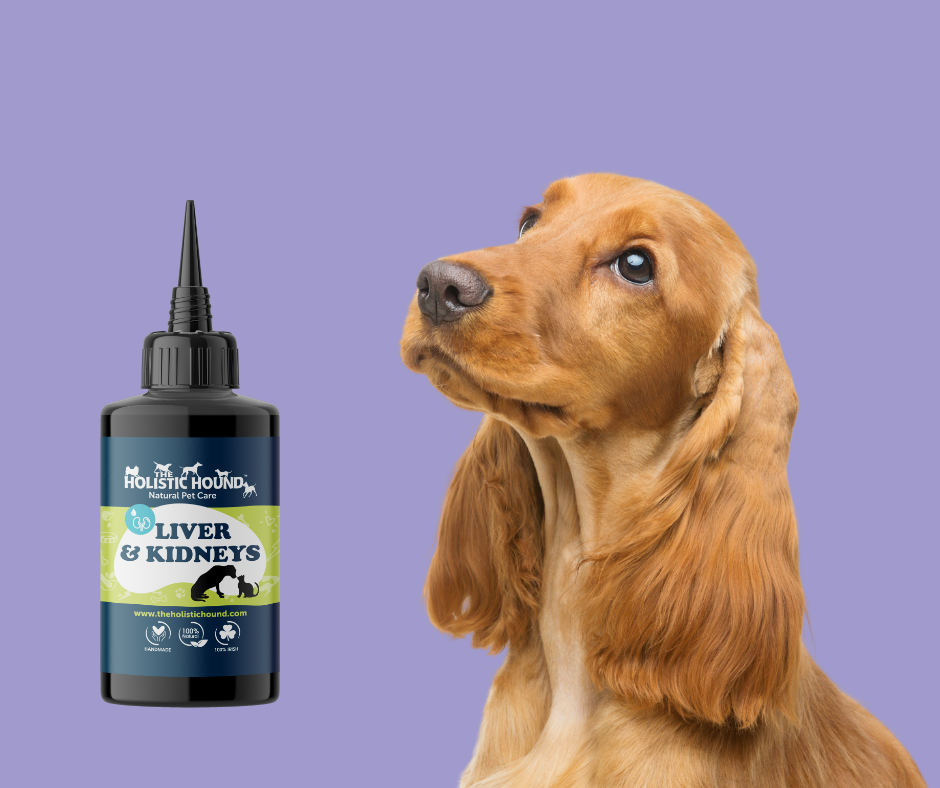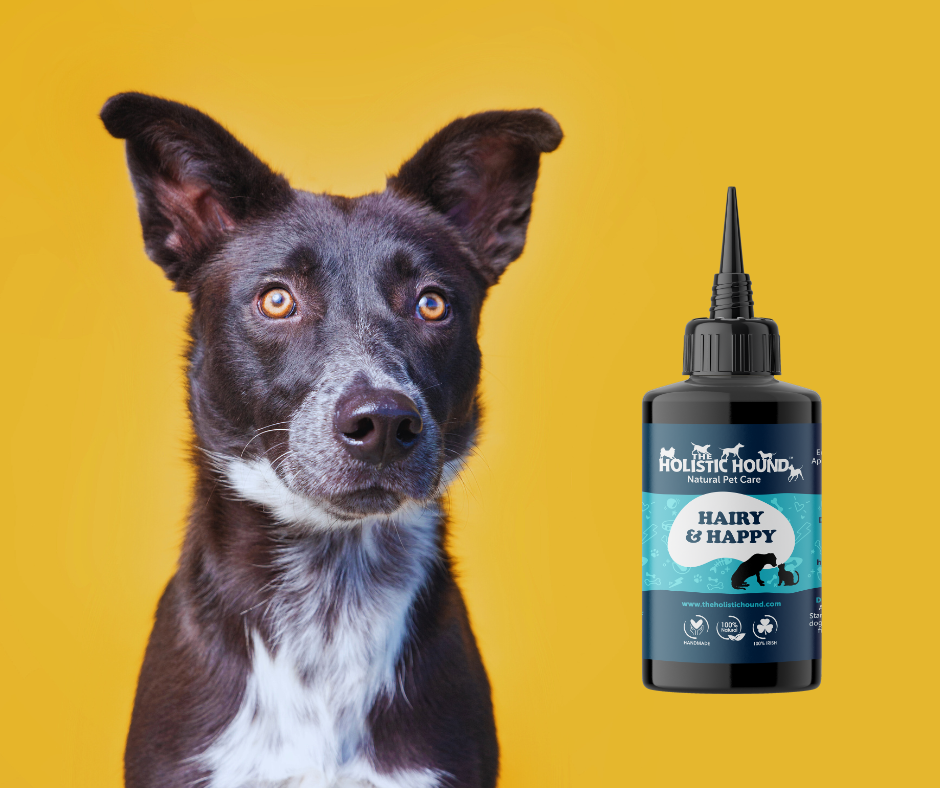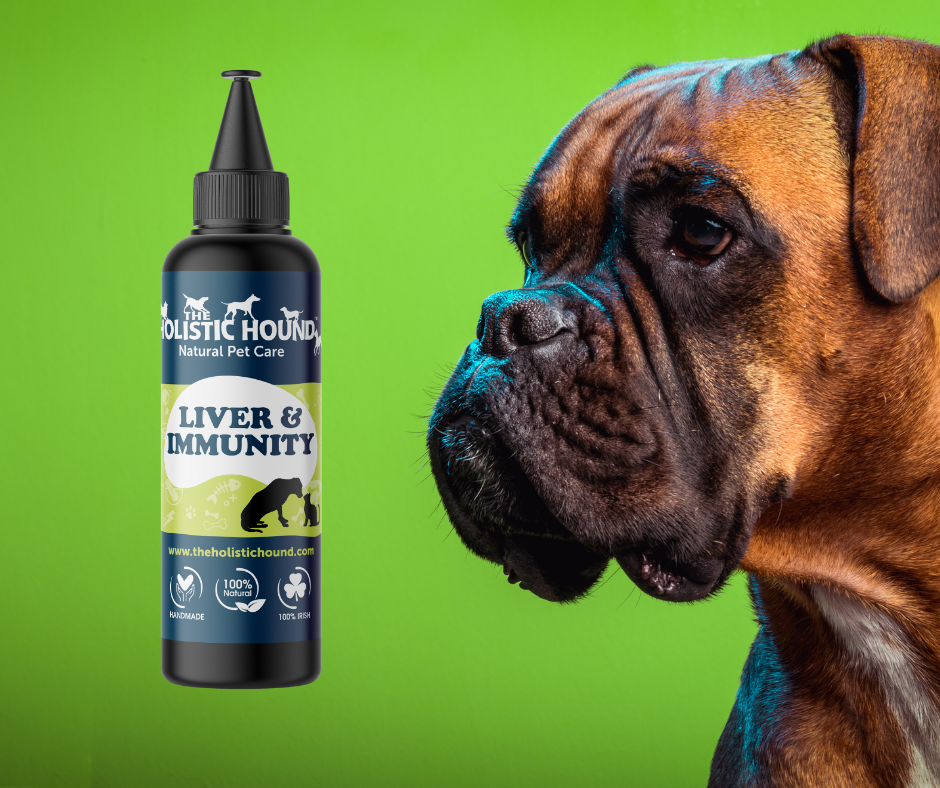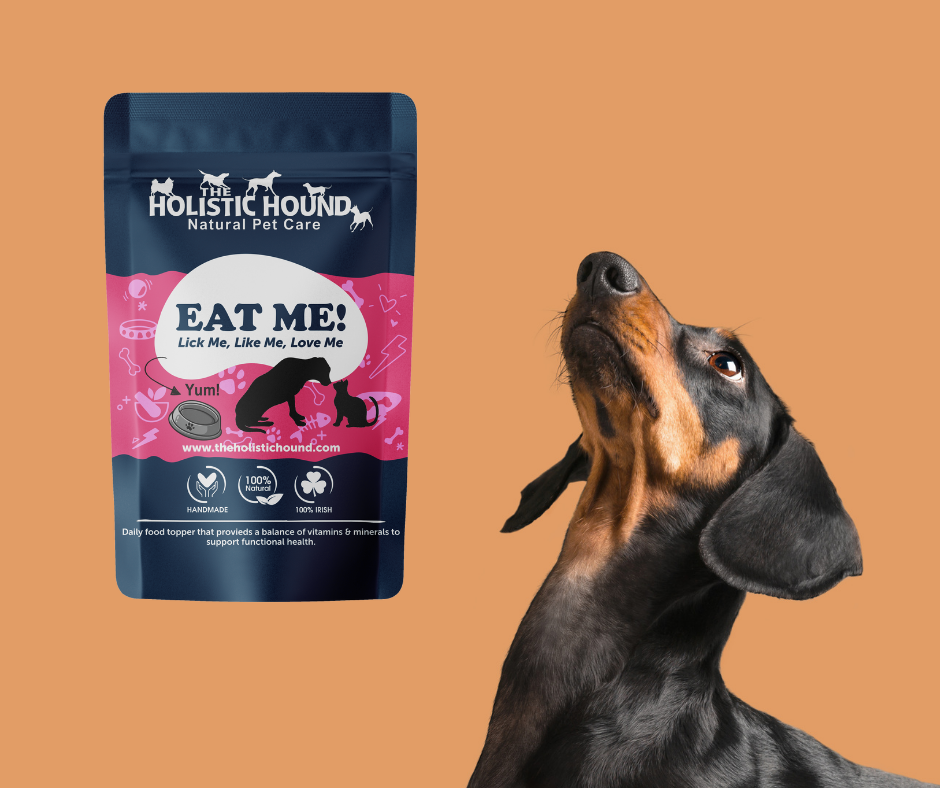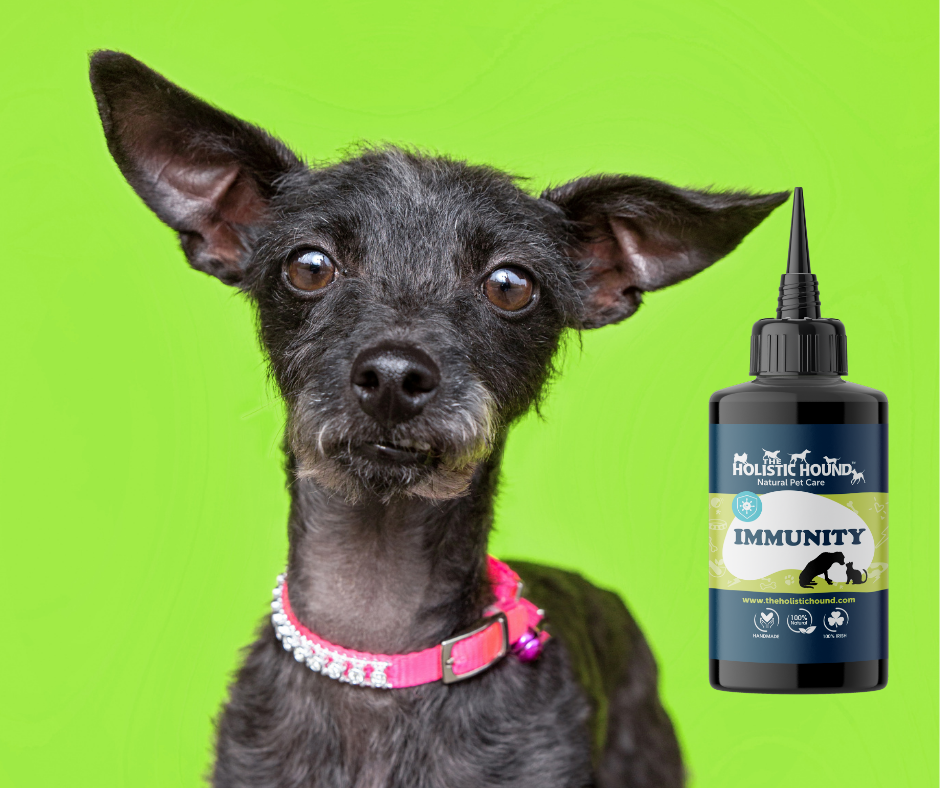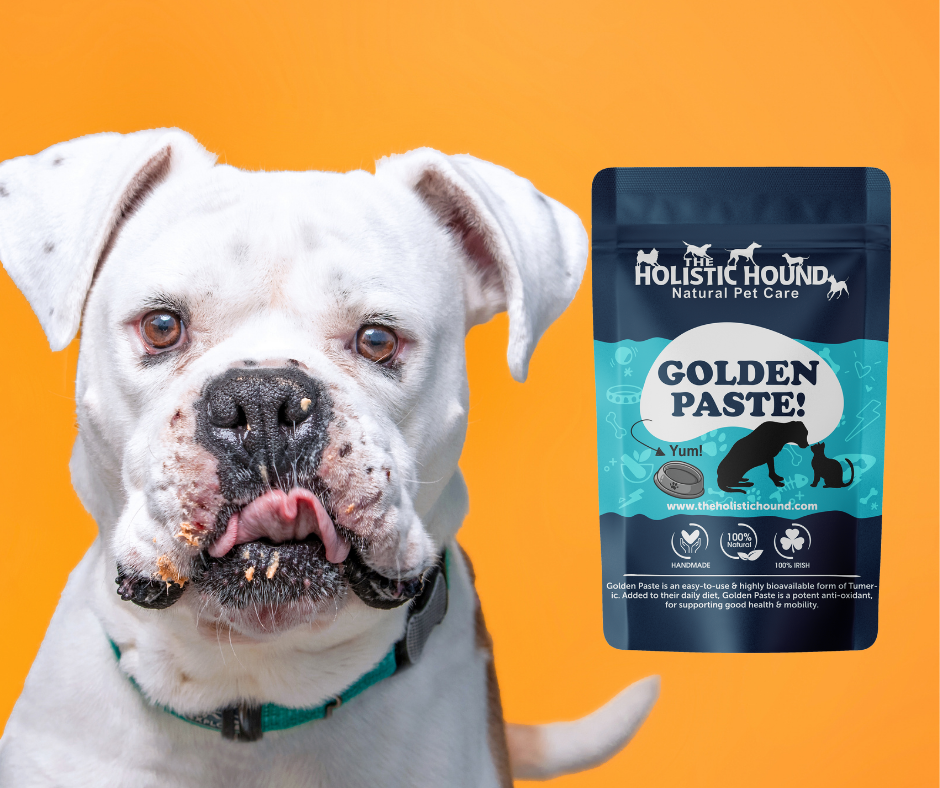

Winter is Here - Now What?
Christmas is just around the corner, but as we already know, Winter is here. Yes, our manufacturing hub in Kerry is quite cold and we’ve been in our woolly warmers since early November!
This cold weather has reminded us again that there are things that pet owners should be aware of - sometimes the most innocuous things can present major hazards. We don’t like to be all doom and gloom, but knowledge is power and when it comes to our pets, we want to ensure they’re protected!
Rodents and Pets
As the 19th century poem starts, “‘Twas the night before Christmas, when all thro’ the house, Not a creature was stirring, not even a mouse.”
Unfortunately, mice and rats often stir around this time of the year. Your house is far warmer and more welcoming than a cold shed. In order to rid themselves of these unwelcome house guests, some people use poison. This poison is often designed to spread to ensure it kills the little furry creature. These chemicals can be fatal to your dogs or cats if they ingest the poison or rodent. Depending on the type of poison your dog has consumed, the symptoms can vary. The most common side effects include lethargy, difficulty breathing, pale gums, coughing (with blood), vomiting (with blood), bloody nose, swelling or bumps on the skin and bleeding from gums.
If you suspect, even remotely, that your dog has got hold of any of these products you need to take the item with you to the vet so they can review the label and choose the most appropriate and effective treatment.
If you do not have the product label, for example if your dog picked it up while walking, try to take a sample of what he got hold of. Alternatively call either your local council or see if you can find a trap nearby with contact details for whichever contractor laid the poison.
Fleas and the Festive Season
A warm house is heaven for fleas. Yes, it’s just the perfect environment for these parasites which thrive in warm and humid conditions as it encourages flea eggs to hatch. Prevention is always the best approach and keeping an eye on your pet will also help you catch an infestation before it becomes problematic. So don’t forget to keep up with our Don’t Bug Me monthly spot on!
Common Chemicals
Running late for work? Your windscreen will take an age to clear! It’s Murphy’s Law. You’re trying to get to work or get the kids to school and you discover your windscreen is frozen solid.
With little time to run for a kettle of warm water, some folks use de-icer or anti-freeze spray to quickly defrost the ice on the windscreen. Just be aware that this runs into the gutter and could end up in a puddle that your pet drinks from. Antifreeze can cause damage to your dog’s kidneys, even after a small amount has been ingested. A tablespoon alone can kill a small sized dog.
The dangerous chemical in antifreeze is ethylene glycol, which has a sweet taste dogs really enjoy. It’s also important to be wary of any liquids leaking from your car. Ensure you keep your dog away and clean them up straight away. Once consumed, dogs become wobbly or fall over. The back and kidney area can become painful, and they may experience vomiting, dehydration and increase urination.
If you suspect your dog has ingested antifreeze or another chemical, contact your vet immediately. Urgent veterinary intervention is essential for survival. Your dog will not survive on his or her own and time is critical as within minutes your pet will begin to experience kidney damage.
Diagnosis of poisoning needs to be made by blood and urine tests. Treatment needs to be started as soon as possible. The earlier treatment is started, ideally within up to five hours, the greater the chance of survival.
Pet-friendly propylene glycol-based antifreeze, which is non toxic to animals, is now widely available, and we would encourage you to use this as an alternative.
Salty Paws
Snow, ice, gritting of roads and path salt. This mix can play havoc with your dog's paw pads.
In cases where roads are gritted and salted, it’s best to ensure your dog's paws are checked and wiped after each walk. Road salt can be extremely dangerous to dogs, as it can irritate the dog’s skin, causing dryness, cracking and even burns to a dog’s pads.
You can use the Holistic Hound Snout & Paw Balm to protect and nourish their paws during these times. We would also recommend having the Holistic Hound Heal Me Quick spray to hand so that any cuts or abrasions can be quickly dealt with, avoiding trips to the vets during the Christmas season.
Slimey and Sickly
Slugs and snails - not just slow but can be deadly!
Lungworm is a parasite which lives in the heart and blood vessels of the lungs. Left undiagnosed or untreated, lungworm infections can rapidly prove to be fatal. Dogs can become infected if they eat slugs and snails, and in some cases frogs.. While the risk of infection is low as these creatures are not the tastiest to our dogs, it is best to keep them clear of the critters. The jury is out as to whether or not their slime can contain sufficient larvae to infect dogs, but best to avoid any licking of these trails and ensure any bowls left outside for your pets are clean and not contaminated. Curious puppies and younger dogs are at the greatest risk as they are more likely to investigate and eat a slug or snail..
Dogs cannot pick this worm up from eating another animal's poo - but eating poo is gross, so we don’t encourage it!
Bonkers for Conkers
Conkers and acorns are good for squirrels but not for your hound!
Ingesting or chewing on acorns can cause vomiting, diarrhoea, abdominal pain and lethargy, so it’s important to ensure your dog is not chomping down on them at this time of year.
Conkers contain a potent neurotoxic glycosidic saponin called aesculin, which is poisonous to dogs.
The poison is found throughout all parts of the horse chestnut tree, the leaves included. Although your dog needs to consume several conkers for it to be serious, it is always best to be exceptionally vigilant when you’re walking your dog in areas with horse chestnut trees.
Signs of aesculin toxicity in dogs occur up to 40 hours after ingestion. The most common symptoms of aesculin toxicity are abdominal pain and tenderness, reduced appetite, increased thirst, vomiting, diarrhoea, and drooling. In some cases, muscle tremors can occur.
If you suspect that your dog has eaten conkers, contact your vet immediately. At present, there are no antidotes to aesculin toxicity; therefore, it is vital that you contact your vet immediately.
Leaves
1, 2, 3 DIVE - I hope you have seen the video online of the golden retriever running and jumping into a mound of leaves.
If you haven’t, make it your next video to watch!! Mounds of leaves are colourful and while most of them are harmless, yes, you’ve guessed it, there are things to watch for!
Sharp sticks and branches can be hidden in a pile of leaves and can cut or wound your dog, so keep them well clear on your autumn walk.
When leaves are left on the ground, they start to decay and contain bacteria and fungus, which can be harmful to your dog and let’s not mention the dog poo that often gets left behind by some lazy dog owners! Best keep your kids out of the leaves too!
Out in the Cold
Colder nights have descended so ensure your pets are warm and have a safe place to sleep each night.
If your cat likes to explore at night and you don’t have a cat flap, ensure there is somewhere safe where they can go if they stay out past their “curfew”! Just because it’s daylight out, please don’t be tempted to leave your pet outside all day - the weather is cold and hypothermia can be life-threatening for dogs with short and thin hair, small dogs, puppies, elderly dogs and dogs with chronic illnesses.
The first symptom of hypothermia is excessive shivering, which is followed by lethargy.
If your dog is displaying signs, call the vet immediately, and move them to a warm area, then warm the body by covering them in hot water bottles, blankets or towels.
Have a warm, safe and happy Winter!
We hope you find this information helpful. If you have any questions, you can always contact us or follow us on Instagram and Facebook - we'd love to hear from you!
Related products
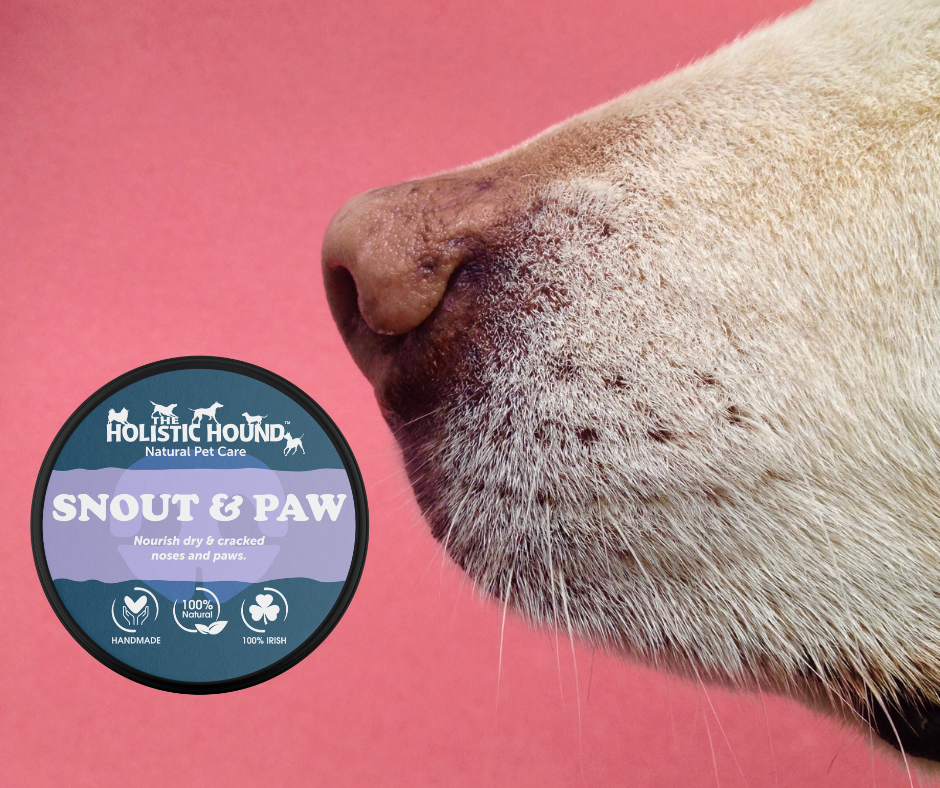
Snout & Paw Balm
